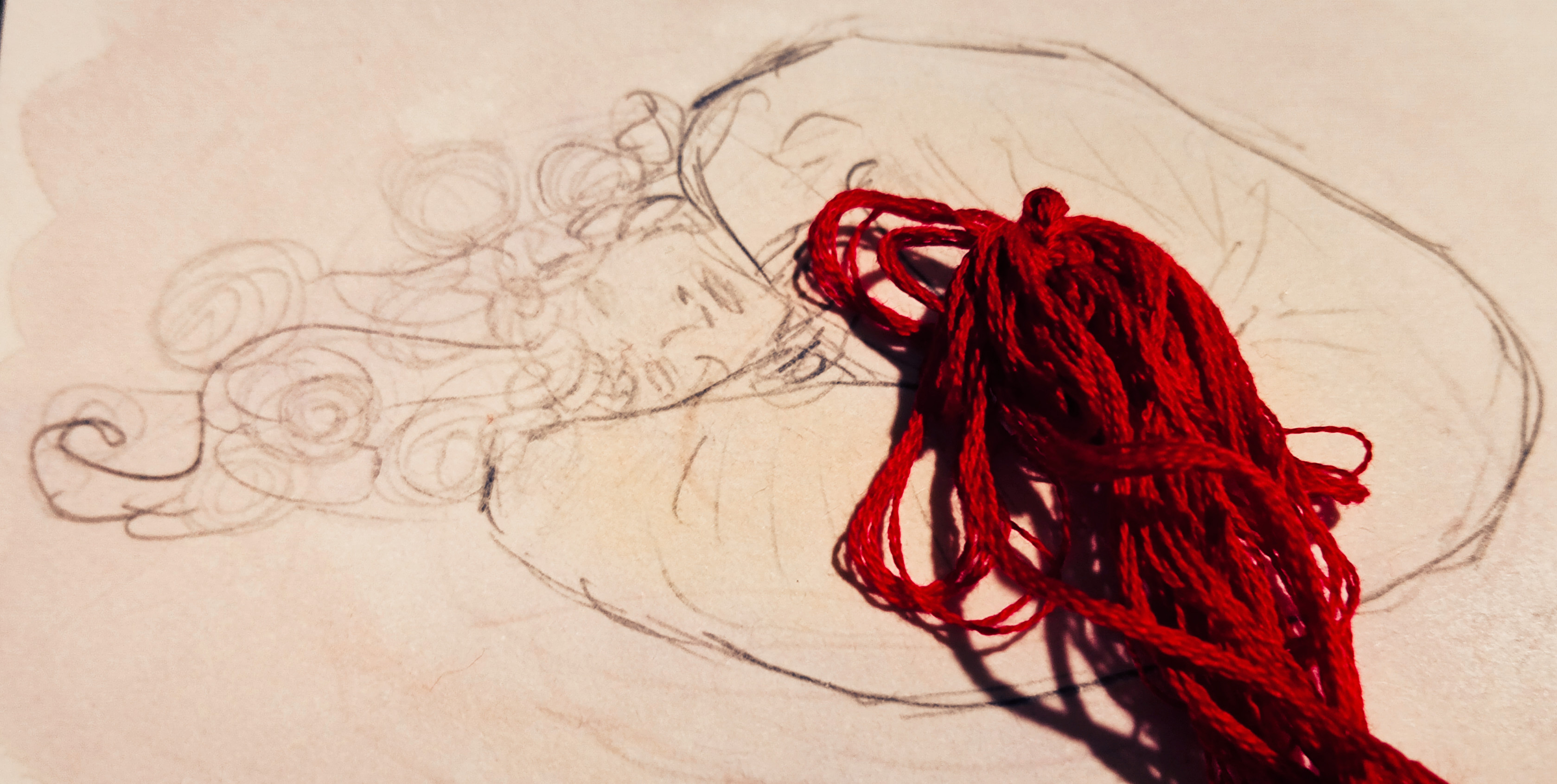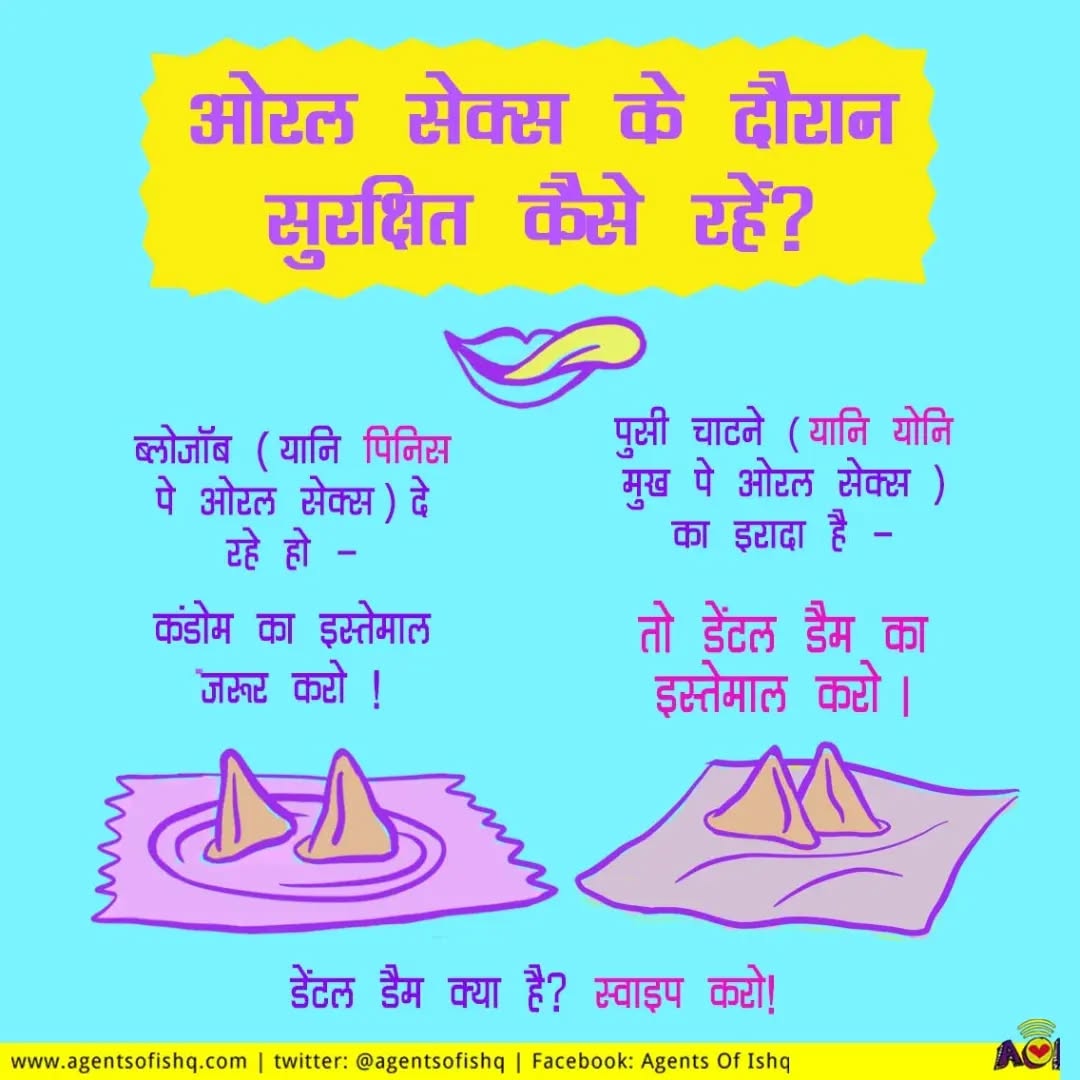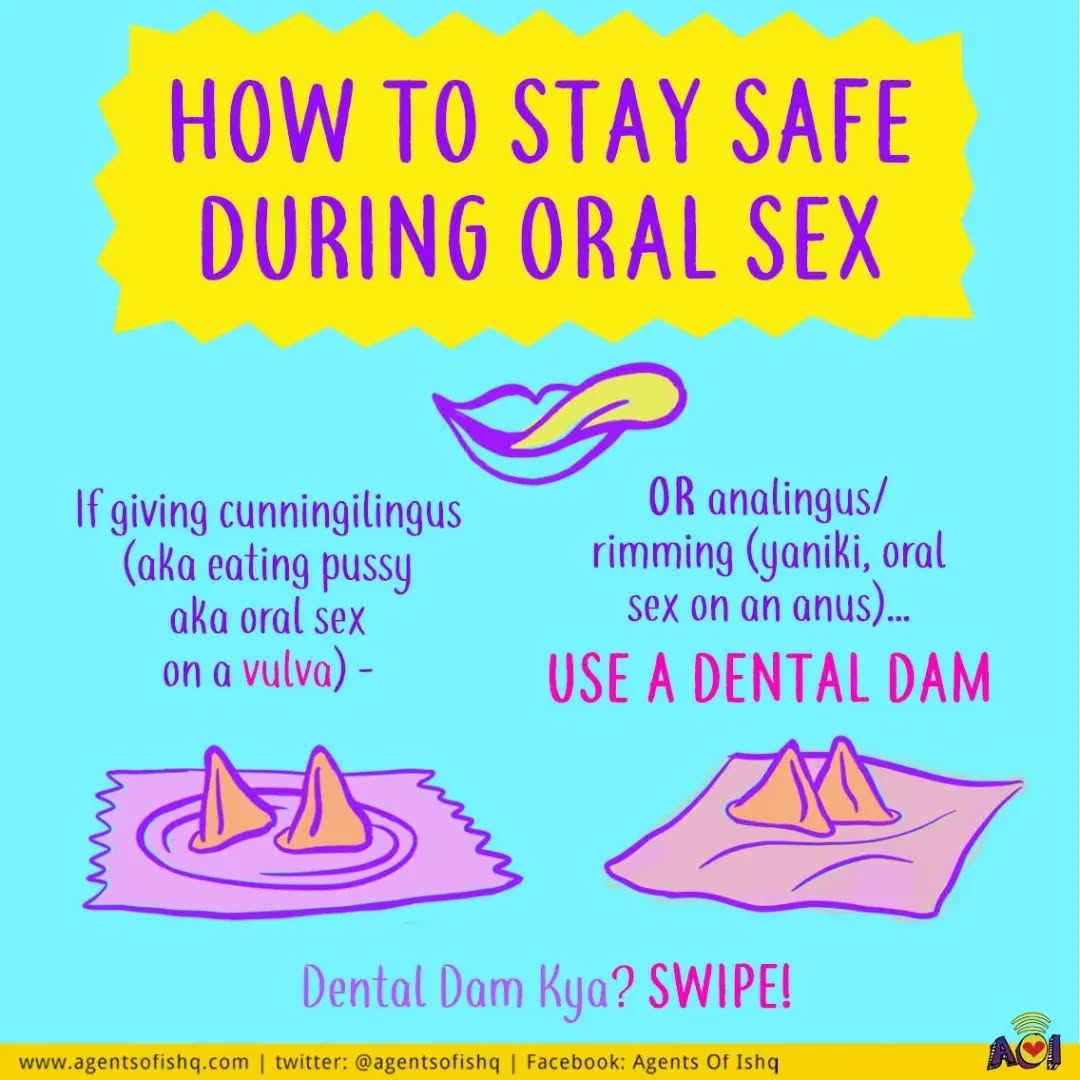Whenever Teacher’s Day is celebrated on the 5th of September, everyone shares nostalgic memories of their teachers, schools and colleges on social media.
But that whole day, my insides are in turmoil. I keep remembering my school days, wondering why I silently endured so much, for so many years.
My classmates would call me ‘Chhakka’, ‘Ladki’, ‘Hijra’ and give me all sorts of other names.
I was disgusted with my life. I wondered why God cast me in this strange mold.
I am my parents’ first born. My mother spun many dreams for me. After all, the first child is said to be somewhat special. So yes, perhaps, I was special to my parents.
My mother had a photo project. She’d take a photo with me every month, in my growing years. Then, on a corner of that photo, she would add a piece of paper where she would write my age, measured in months. This was her way of preserving our memories.
When I started speaking, I was one and a half years old. I would use “feminine pronouns” in Hindi, to talk about myself, like khaaungi, jaaungi, naachungi etc.
I would think I was a girl, but society had deemed me a boy. Initially my parents found my contrariness cute, but as I grew older, I became a source of shame for my father and family.
Whenever my father was out, I would dance and play with my mother’s sarees. He caught me at this play several times and beat me badly each time. He would tell me to become a “boy”.
What would a four/five-year-old child know about what a boy is supposed to be like, or a girl?
School and college experiences are often bitter for queer trans* kids like us. I faced a lot of violence and teasing in my school. If society labels you as a boy but your habits are those it deems “girlish”, you are mercilessly bullied in school. Similarly, if society labels you as a girl and your behavior is what is attributed to boys, that merciless meanness will follow.
I still have nightmares about my school, and wake up scared. The difference is that now, whenever I do wake up, I look around, feel reassured and remind myself that life is good now. I wonder why I didn’t have then, the courage that I have today.
Today I stand on my own two feet, no longer dependent on my parents for a home, for money or a secure life. And so, today, when I see the kids going to schools and colleges, similar to those I went to, I wish that what happened to me doesn’t happen to any other child.
Trans* kids suffer in school and this impacts our education. Our childhood, our education is ravaged because of this violence and discrimination. We are weighed down with stress. I spent several years, traumatized. I could never go on to college, after school. I was scared of boys and men.
Those who are bullied in school often drop out. They either leave education entirely and do something else, or study via distance learning. I opted for the latter.
While pursuing further studies through distance learning did help me gradually regain confidence, there were some negatives.
I had no friends, no social circle. The college life of guppe marna, attending classes was something I never got to enjoy. Plus, IGNOU (from where I got my degree) has very little value on the ground. It doesn’t help get you a job.
It’s to ensure that the reality can change for other kids that I and my partner Don Hasar–when we got together we realized that many of our life journeys and struggles had been similar–decided to start the Satrangi Sathi (multi-hued companion) program.
Since 2021, we have been going to schools and colleges in the Kangra district of Himachal Pradesh., We talk to students and teachers about gender equality, sexuality, patriarchy and queer trans* lives and laws.
Children/people, who do not follow the gender norms given by the society, are harassed in various ways. As they grow up, most of these children either commit suicide, become mentally ill or leave their natal families. Family or parents refuse to love and accept children/people like us.
We say that during the years of our schooling, there weren't any laws for our safety. But in 2009 the Right to Education Act came into force. It says that every child should have equal rights to study. The U.G.C Anti-Bullying and Harassment Regulations 2009, i.e. the law against bullying and harassing a child, was implemented for the safety of children/individuals. And in 2019, the Transgender Person Protection and of Rights Act was also enacted.
According to this act, it is very important to discuss gender with students and teachers in every educational institution. These laws have provisions for the protection of queer trans* and other vulnerable children. There is also a provision for punishment and fine for those who harass and exploit children like us.
Going to schools and discussing gender has been healing to me personally. By telling people about my experience I acknowledge that this happened to me. When I speak, I can see in the eyes and hearts of the students and teachers that they won’t bully anyone.
Bullying happens for so many reasons. It could be your height, that you are not good in studies, that you are Dalit, your skin is dark.
So, when you think about it, the only people whose school experiences have been good are mostly those who are privileged, and are gender conforming. If you are marginalised in any way, you will face some amount of bullying.
We ask the students, “How are you responsible to the person sitting next to you?”
We do not get direct permission to talk about gender in this manner in schools and colleges. We take permission from the principals of these institutions by saying that our purpose is to talk about gender equality and mental health. Most of the principals and teachers see gender equality as a topic related to women empowerment.
Often after an hour and a half to two hours of talking, teachers and students become quite emotional. They realise how several times, despite their privileges, they have knowingly or unknowingly subjected queer trans* children/people to violence and abuse. They realize that a person’s not following societal gender norms is not that person's fault, it is their nature, given by nature.
This is how they give us permission. But when we then talk about queer trans* lives and rights, we fear that the school authorities might throw us out.
In one college, I was telling my story when a principal walked in and listened for two mins. The students were happy listening to me, but the principal shut down the session, saying that the time was over. Another teacher also asked us to wrap it.
It wasn’t direct, but the discomfort was obvious.
We didn’t argue, I wrapped up my story in five minutes. But it’s unfortunate when teachers are so insensitive.
After gender training in a government engineering college, a conversation was held with the principal of the college. The principal was very impressed with the issues raised by us. We encouraged him to build separate toilets for queer trans* people in their college.
Through this initiative of making a toilet, he would be able to raise this issue of gender repeatedly in his college and create a safe space for queer trans* people. The principal listened to us very carefully, and he did get toilets constructed for non-binary people.
During the training of Asha workers in Kullu, a woman suggested that we should focus on sensitizing men and boys. She reasoned that most of the violence is done by men and still, whenever there is a talk of gender sensitization, the boys/men tend to easily walk out of rooms, as if gender were only a women's issue.
Taking this suggestion into account and also learning from our experiences, we felt that there is a need for long and deep discussions with men and boys.
Our initiatives have felt like a huge victory for the queer trans* movement in the small towns and villages of Himachal.
After the sessions, kids often message us on Instagram and WhatsApp, thanking us and write: “I thought I am the only queer person in this region, but I have a community now.”
Many youngsters ask us how to share their identity with their parents.
We advise them not to do it immediately. To get some education and financial backing first. We also offer mental health support, fees for which are paid by our organisation.
This work we hope will help ensure that no child ever becomes a victim of violence and exploitation in their school-college on the basis of their less understood gender identity.
Shashank is a transgender person and the co-founder of Himachal Queer Foundation. They love sipping chai, chit-chatting gossiping, singing-dancing and cooking. Shashank is a feminist and now talks about the rights of LGBTQI+ people in Himachal through pahadi songs and stories.



































































































































































































































































































































































































































































































































































































































































































































































































































































































































































































































































































































































































































